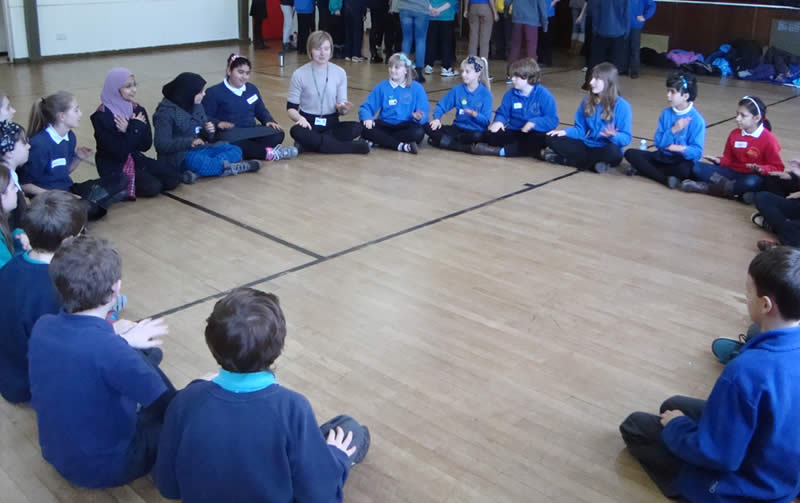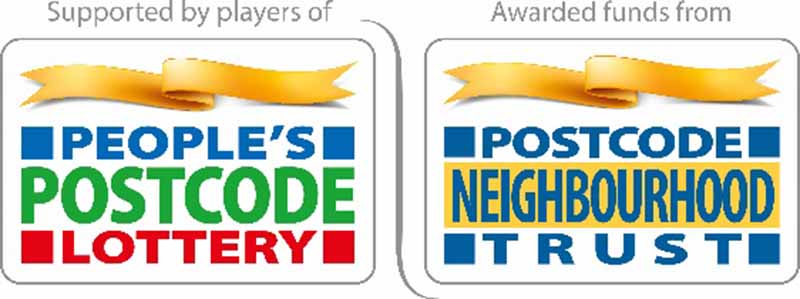Philosophy for Children P4C
Our P4C training courses include:
P4C Level 1, P4C – Beyond Level 1, P4C Level 2a, P4C Level 2b, P4C in EYFS, Embedding P4C Within the Literacy Curriculum

Philosophy for Children (P4C) has long been valued by teachers as a method for developing critical and creative thinking skills through real dialogue about issues that matter to children.
P4C aims to create a caring classroom situation where children:
- learn to listen and respect each other
- learn to be clear in their thinking and to make responsible and more deliberate judgements
- learn to be more thoughtful by basing their decisions and actions on reasons
Critical thinking is a key requirement of global citizenship and community cohesion. Children need to develop the skills to critically engage with information and viewpoints that they encounter in their lives, whether these are from the media, the internet or books, school, their family, friends or other people in their lives. Unless people can learn to think independently then there is always the possibility that they will be led unthinkingly into behaving in ways which may be damaging to themselves, others or the environment. Philosophical enquiry develops these critical thinking skills. Children learn to ask questions in response to a variety of stimuli, each other and the teacher; to give reasons for their opinions, examine their own values and tease out their own and others’ assumptions about an issue. One of the roles of the facilitator in an enquiry is to challenge thinking which is either too woolly or too rigid, encouraging children to have and express their own viewpoints without being dogmatic.
Alongside this critical engagement, P4C encourages an openness to other people’s ideas and perspectives. As a child said with awe and wonder in his voice:
‘I never knew there were so many viewpoints about something before!’
(Callum, aged 9).
The ability to listen to other people, see their point of view and perhaps change your own mind is another skill essential to living peacefully in a plural society. Peaceful dialogue between people with potentially opposing points of view and even value systems is crucial to a world where the possibility exists of tensions being resolved without the use of force or violence. At its best, P4C gives young people an experience of how it is possible to engage with people with differing viewpoints and disagree with them in a non-confrontational way.
This opportunity to deeply listen also allows children to put themselves in another’s shoes, to empathise and potentially understand. Empathy is a core skill for global citizens for without it there can be no desire for the alleviation or prevention of suffering of other people.
10 Steps in an Enquiry
- Getting set
- Presentation of stimulus
- Thinking time
- Formulation of questions
- Airing of questions
- Selection (voting)
- First thoughts
- Building
- Last thoughts
- Review
For more information visit SAPERE the umbrella organisation for P4C in the UK: http://www.sapere.org.uk




